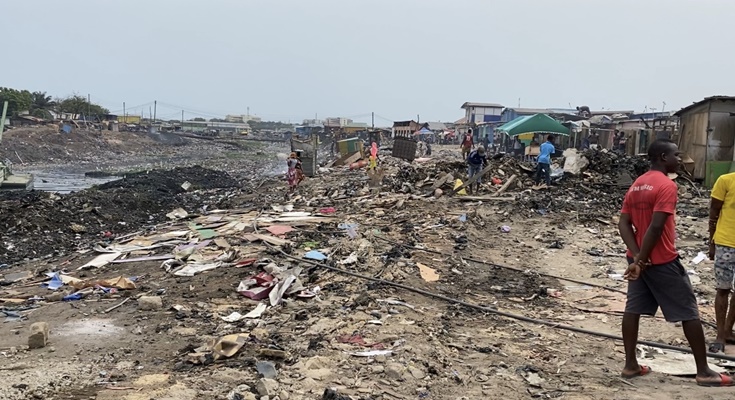
A few weeks ago, my colleague Michael Ogbodu and I visited the residents of Old Fadama.

Their structures had been demolished by the government to pave way for a desilting exercise, the government failed to provide them temporary homes and only gave them a few canopies to use as shelter. A few weeks before that, some had lost their ‘homes’ to a fire outbreak.
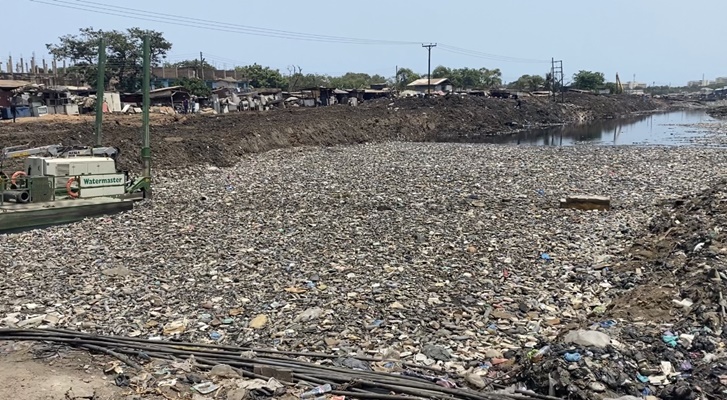
To the residents of Old Fadama, practicing social distancing and respecting proper sanitation rules had become a luxury they simply could not afford. Instead of providing temporary housing in a clean environment that will enable these vulnerable citizens of Ghana to decrease their exposure to the coronavirus, the state provided them canopies and turned a blind eye at a time they needed shelter the most.
As I stood in the small room that eight to ten women will sleep in with their children that night (as we preach social distancing), I did not see illegal residence, I saw human beings just like me. Human beings who were victims of our failed social service ecosystem, human beings who did not deserve to sleep next to a heap of trash at a time the nation was preaching good hygienic practices to overcome the coronavirus.
Casualties of our failed social service system
I was going to leave these women and come back to my comfortable apartment in East Legon where I can conveniently distance myself from the world and stay safe.
What comfort would the cold bare floor provide these children at night? How could they possibly fear coronavirus when they had immediate wars of poverty and homelessness to win? The guilt of my privilege and hopelessness with finding a solution kept me up all night.
Do something, anything!
I shared my experience with some members of the Heritage Caravan 2020 group with the goal of starting a conversation about the sad state of the Old Fadama residents. Nothing could’ve prepared me for what happened next!
A member of the team, Kankam, asked that we not treat this issue as any other problem that we were too powerless to fix. He challenged the group to do something about the problem we had identified. Several other members of the group called me expressing interest in helping ease the burden of the residents of Old Fadama.
After several deliberations with some of the Caravan team and people of Old Fadama, we agreed to buy leather-coated Ashfoam student mattresses for the old women and single mothers.
We are the saviours we’ve been waiting for
Now we had to raise the money. Most of us were already burdened with being breadwinners of our families and being laid off as a result of COVID-19. There was not much disposable income left to donate, especially when none of us knew when COVID-19 would end. But we set an ambitious target of 100 beds for the residents of Old Fadama, our friends at ASHFOAM gave us a very good discount so all we had to do was raise 10,000 GHS and some of the women and children will not have to sleep on the bare floor again. In less than one week, we had reached over 50% of our target.
In two weeks, we had gone beyond our target and something that looked like a dream had become a reality. We were not only able to get the women mattresses but face masks as well.
The most amazing part of this was that over 90% of the people who donated wanted to remain anonymous, bringing a smile on the faces of the women and children of Old Fadama was enough gratification for them.
Our humanity is our most valuable asset
We delivered the mattresses very early on Sunday, May 3, 2020. The women were already there with their children.
I stood back and saw strangers I met through an adventurous trip put their personal comfort aside to make life a bit more bearable for women and children who never would have imagined that Ghanaians could be this generous. I saw Daisy, Charlotte, and Kukua sharing nose masks to the women, I saw Charles encouraging the women to observe social distancing, I saw Kankam hand out mattresses to women he would probably never see again, I saw Robert documenting the exercise to share with our friends who couldn’t join us for the donation and was overwhelmed with gratitude.
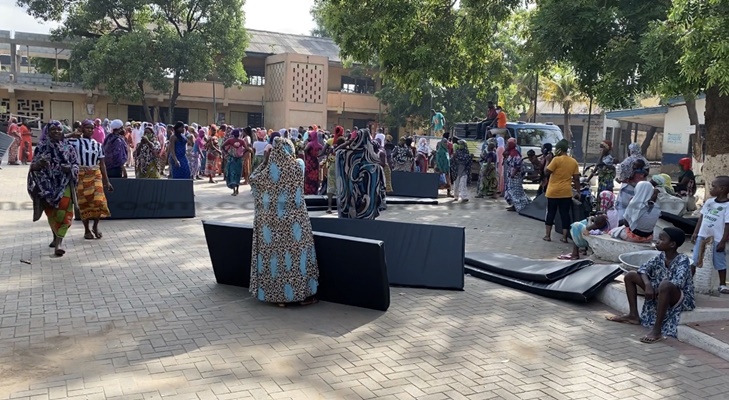
In all the conversation about national development and the role of government in ensuring our wellbeing, many of us had lost sight of our greatness.
We had forgotten that we held in us a powerful force of compassion that could move us to work tirelessly to make the life of another person better, not because we had anything to gain but simply because they were human beings and deserved better than their current state.
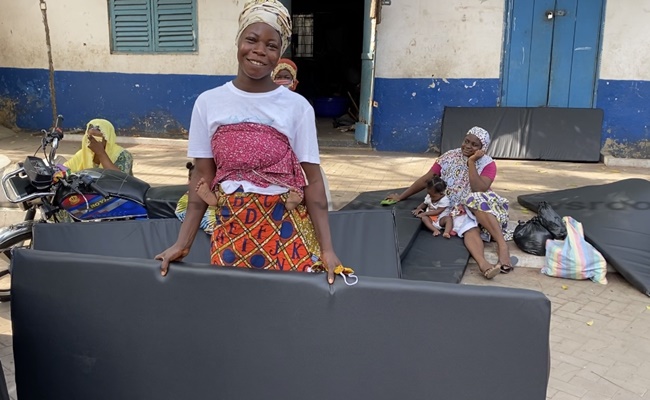
In our desperate search to preserve ourselves, we had forgotten that we are interconnected and it is in helping the next person sleep a little better at night that we can all guarantee our safety.
Conclusion
I’m back in my comfortable apartment in East Legon but I don’t feel the helplessness I felt before. I went to Fadama with some of the most amazing human beings I’ve ever met. They helped me experience a selfless act of helping complete strangers.
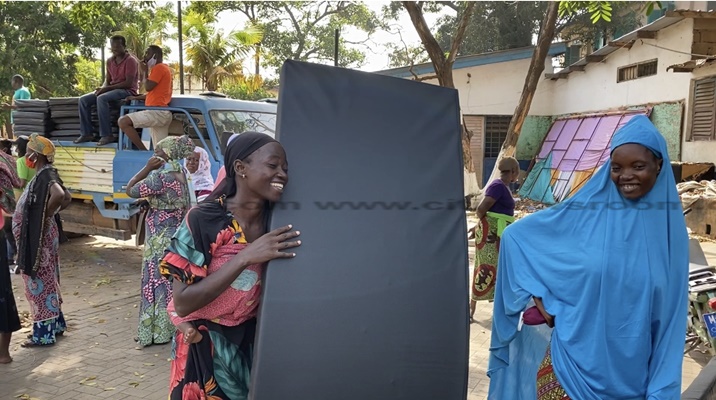
I witnessed the surprise on the faces of the women when they learnt that we were not there on behalf of politicians looking to manipulate their vulnerability for votes but were there as private citizens who cared. I smiled with them when they received their mattresses and nose masks.
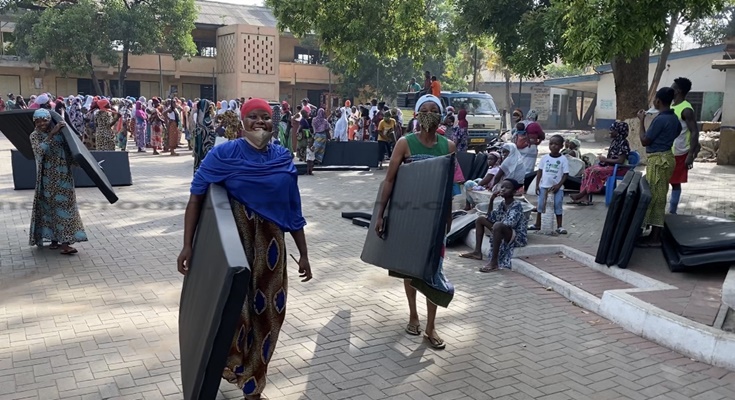
I felt the pride and fulfilment in the eyes of my friends as they showed up in the noblest way possible. My hope in Ghana was restored because the empathetic 2020 Caravanites reminded me of the one thing that matters in our battle against COVID-19, our ability to answer when we are called upon to make another human being’s life a bit better.
–
The writer, Dziffa Akua Ametam works with Citi FM/Citi TV
The post Dziffa Ametam writes: Of COVID-19, victims of poverty and the 2020 Heritage Caravan humanists appeared first on Citinewsroom - Comprehensive News in Ghana, Current Affairs, Business News , Headlines, Ghana Sports, Entertainment, Politics, Articles, Opinions, Viral Content.
Read Full Story

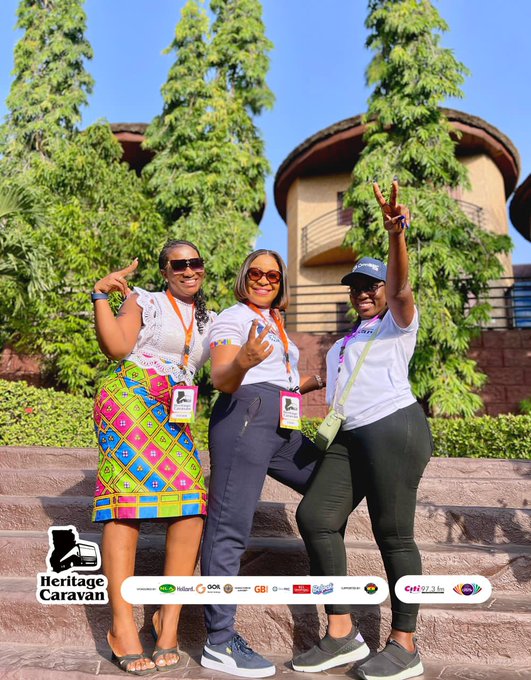
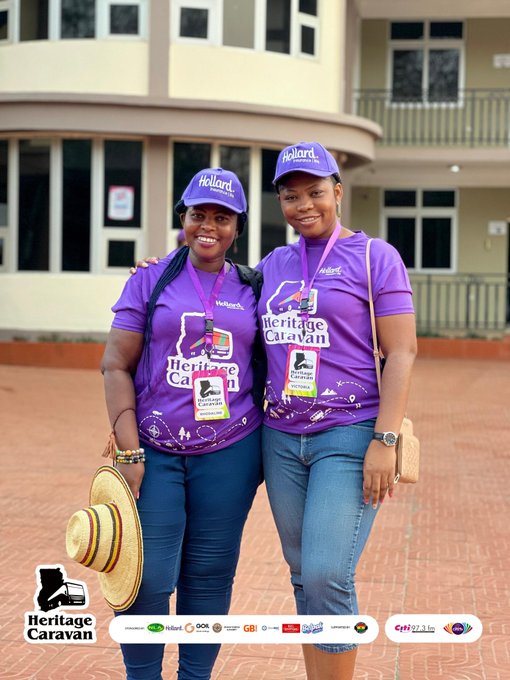


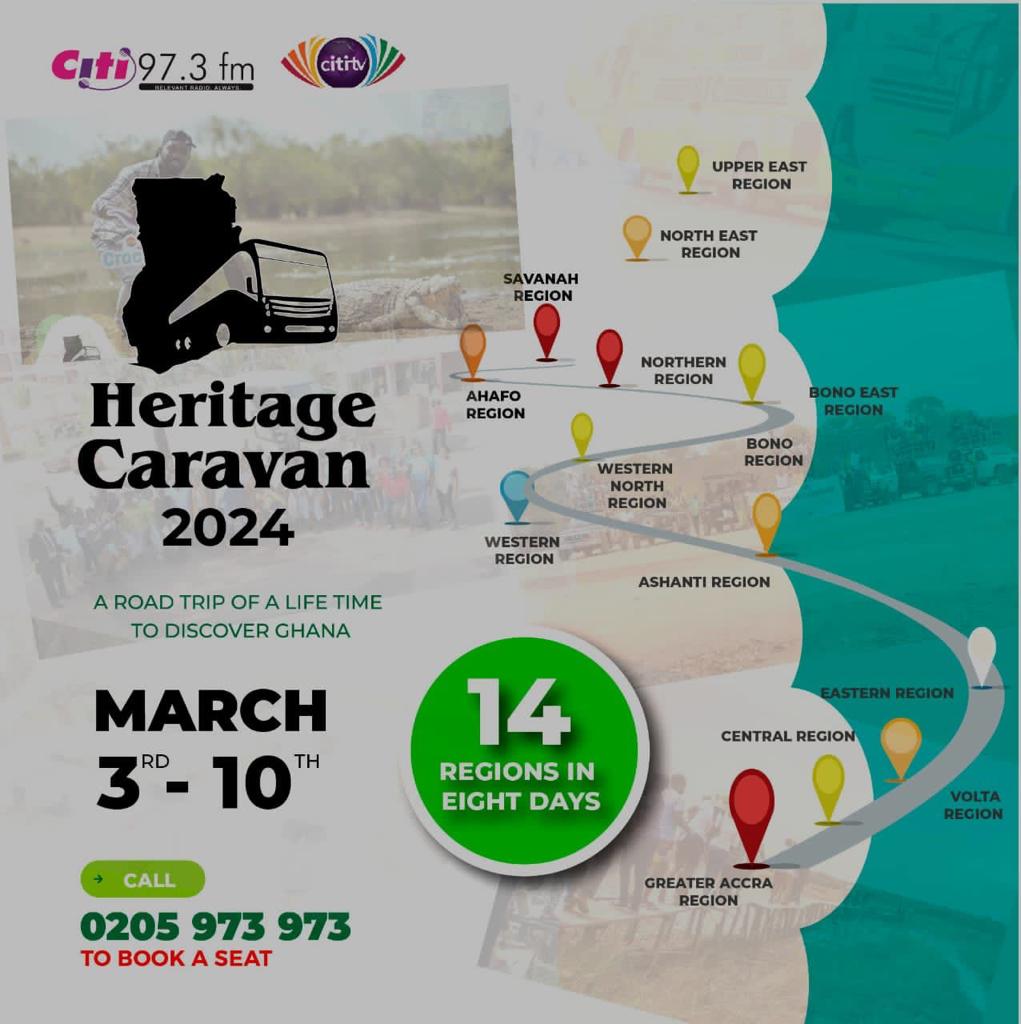
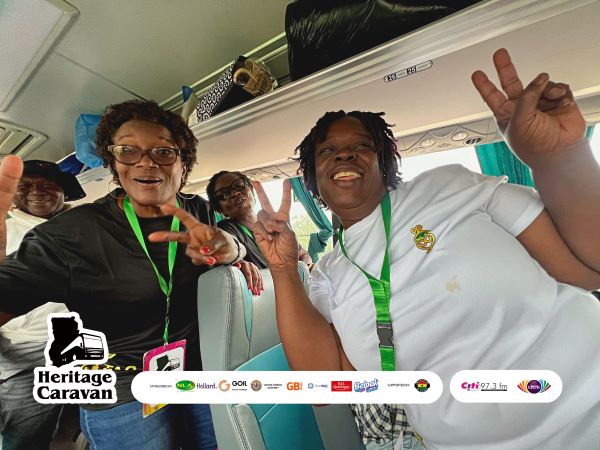
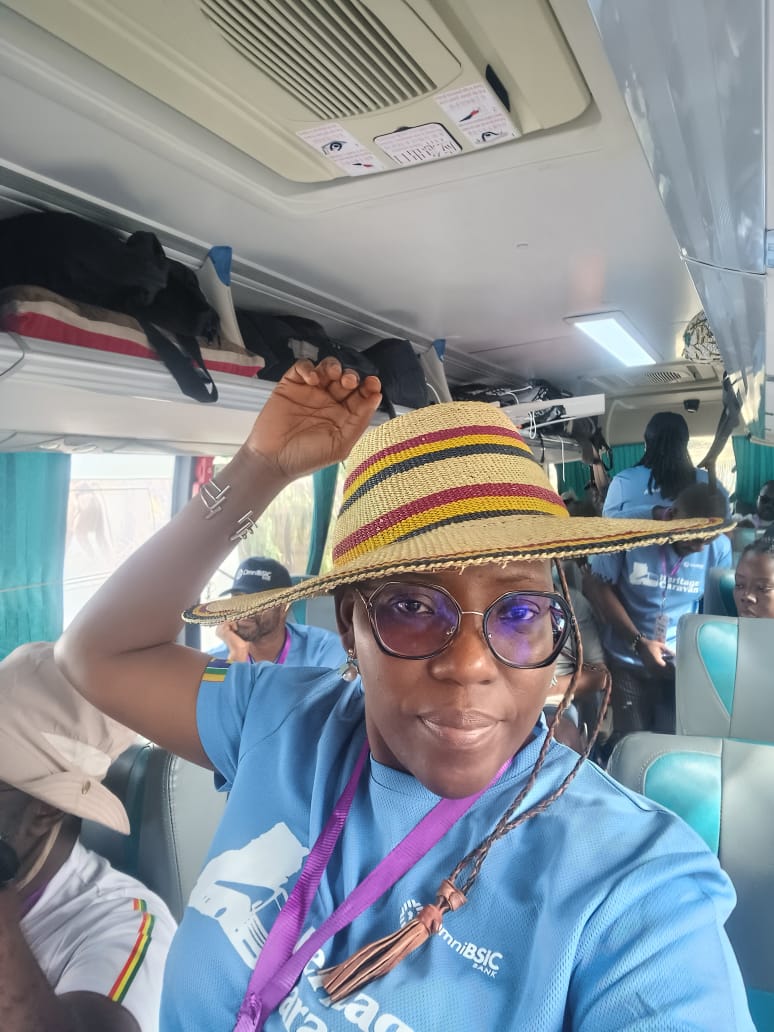
















Facebook
Twitter
Pinterest
Instagram
Google+
YouTube
LinkedIn
RSS